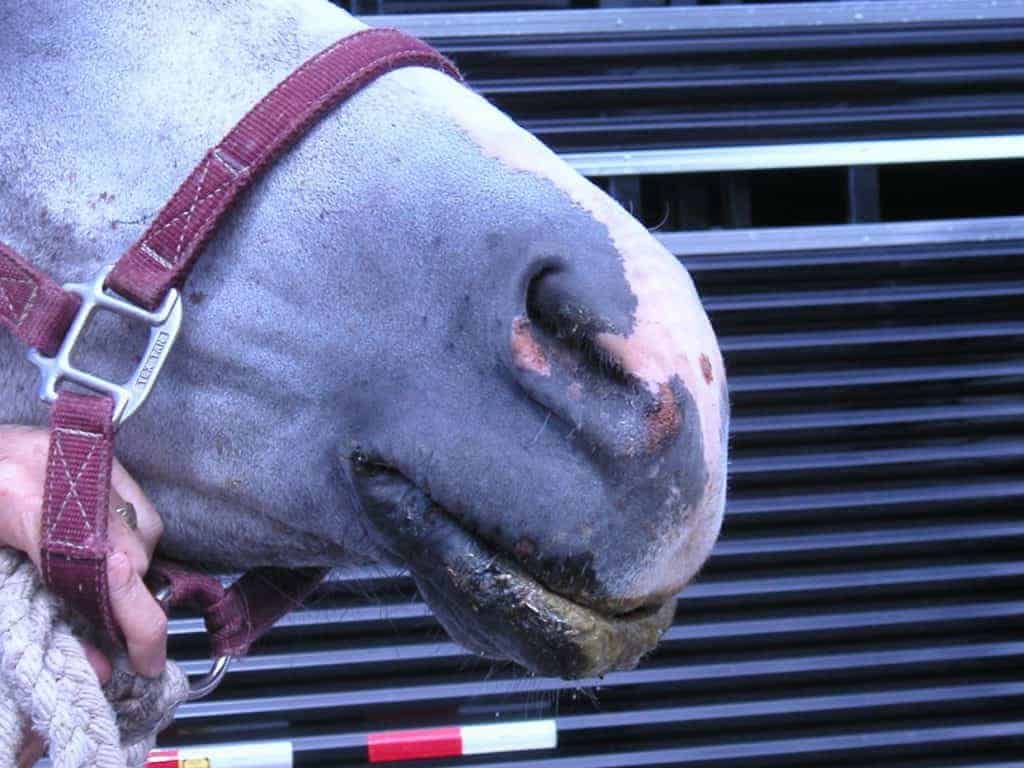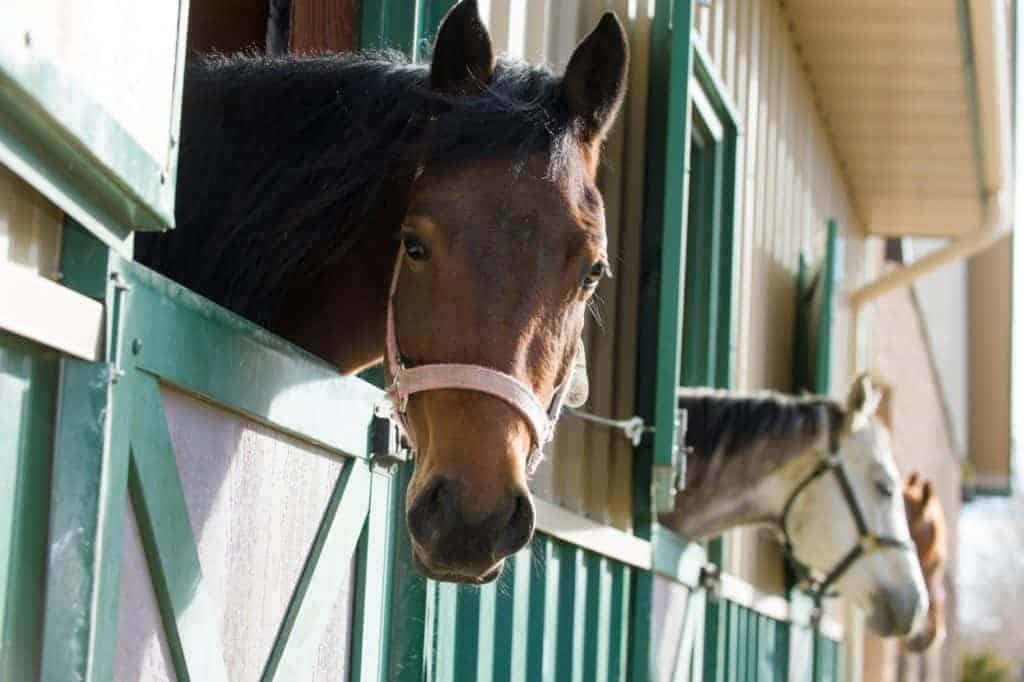All Texas Vesicular Stomatitis Quarantines Released
The final premises released was in Ward County, approximately 30 miles north of Fort Stockton.
The final premises released was in Ward County, approximately 30 miles north of Fort Stockton.

The economic impacts of 2014 vesicular stomatitis outbreak were felt within the equine industry at multiple levels.

Facilities in Delta, La Plata, Larimer, Las Animas, Montezuma, and Montrose counties are under quarantine.
Reported diseases include equine herpesvirus, strangles, equine viral arteritis, contagious equine metritis, and more

As of July 15, 19 premises in four counties are quarantined after horses, mules, and one cattle herd tested positive.

The change is expected to provide a more timely response on local tests; previously samples were sent to an Iowa lab.

Nine locations in three counties are quarantined after horses residing there tested positive for vesicular stomatitis.

Horses in Montrose and Delta counties tested positive for vesicular stomatitis on July 2.

The two previously infected herds in Reeves and Pecos counties have been released from quarantine.

Earlier this month three horses in Pecos County, Texas, tested positive for vesicular stomatitis (VS), as well.

The three horses reside at a single farm in Pecos County, located approximately 30 miles north of Fort Stockton.

Officials said all fourteen equids placed under quarantine were released as of May 14.
The California Department of Food and Agriculture determined that a Turf Paradise horse had vesicular stomatitis (VS).

Two Arizona horses and a Utah mule have tested positive for vesicular stomatitis.

Officials are managing two vesicular stomatitis cases: one in a Grant County horse and one in an Otero County horse.

The Canadian Food Inspection Agency has lifted all vesicular stomatitis (VS) import restrictions for U.S. horses.
Stay on top of the most recent Horse Health news with
"*" indicates required fields